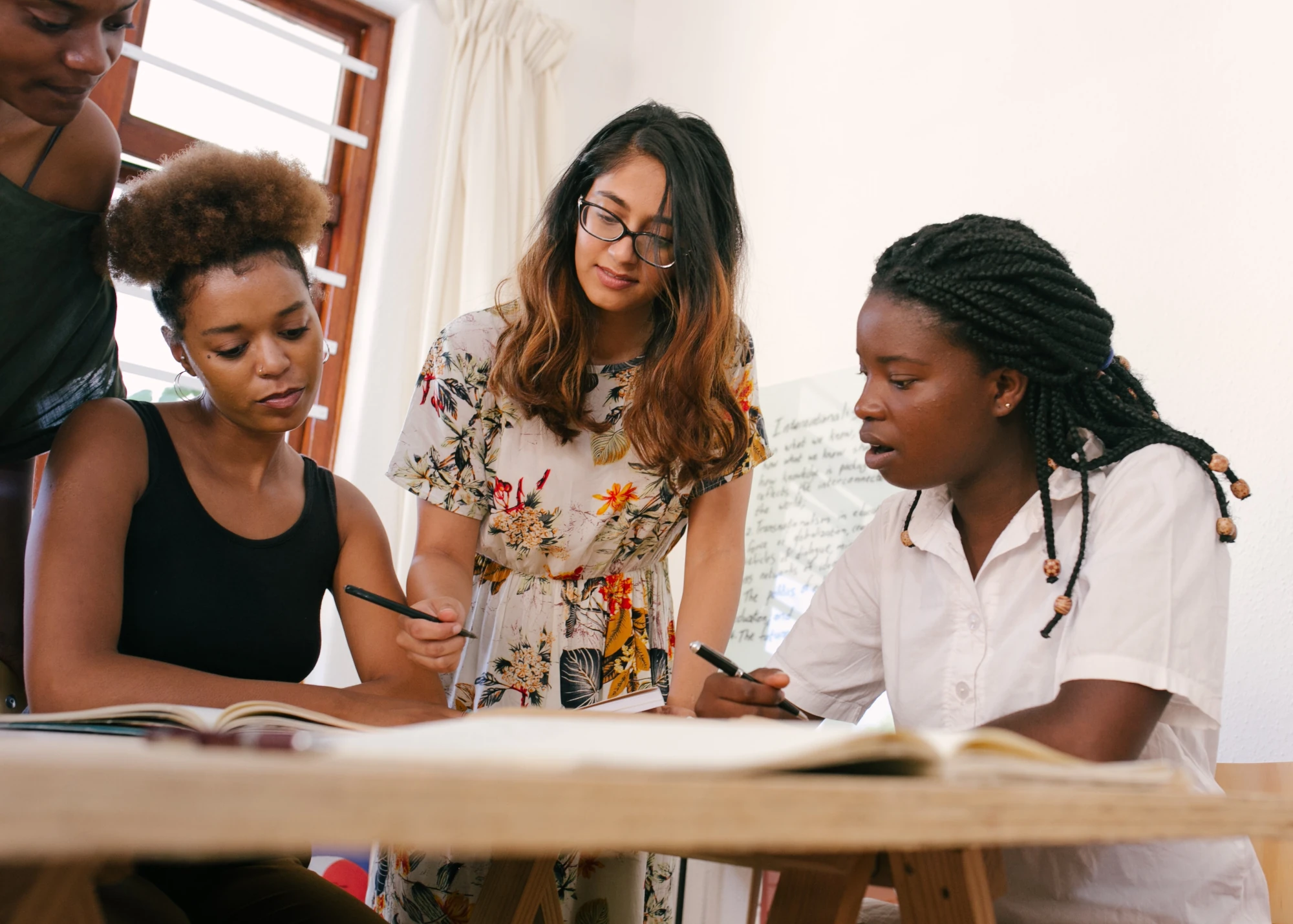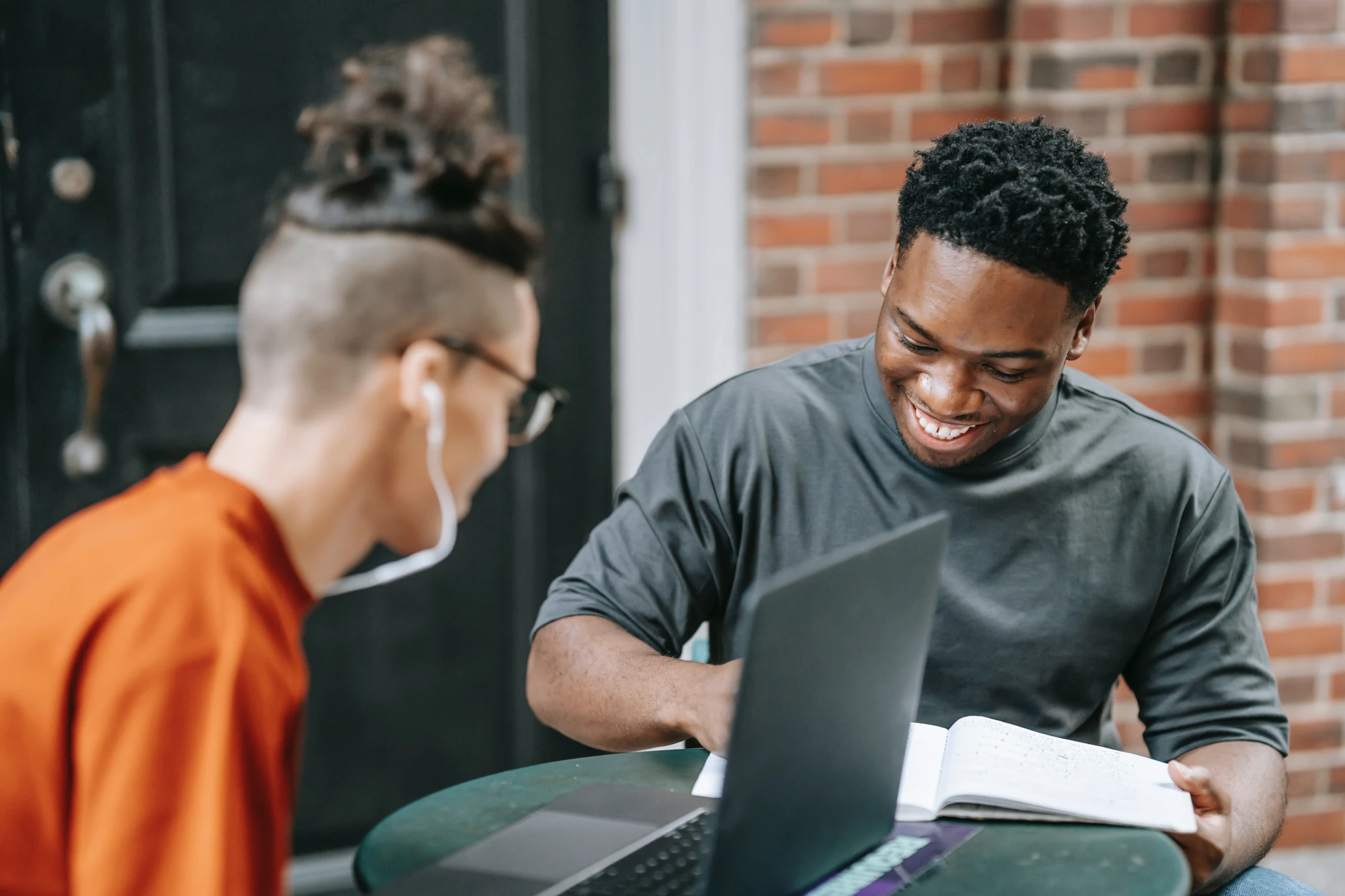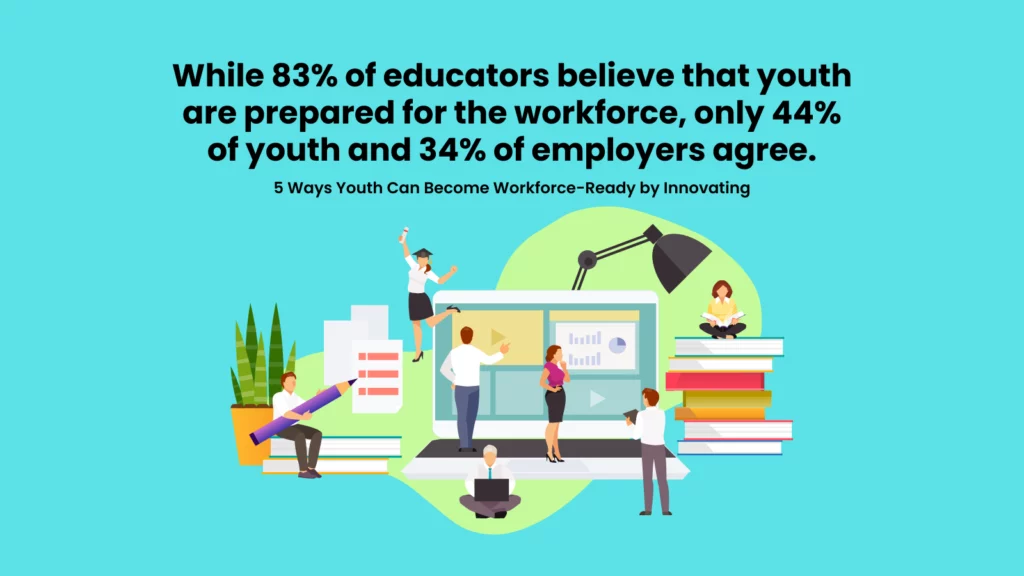Youth and students can prepare for the future of work through activities that challenge their innovation ability. This means activities that challenge specific skills like problem-solving, critical and creative thinking, and project management.
Today’s future workers need experiences beyond the standard formal education: while 83% of educators believe that youth are prepared for the workforce, only 44% of youth and 34% of employers agree.
This discrepancy suggests that the education system is not equipped to handle workforce readiness on its own; rather, preparing youth for the future of work might work best as a holistic effort, one that involves the interests of employers and students themselves.
Innovative thinking in the workplace is essential.
But how can students nurture innovative thinking skills and gain innovation experience?

1. WORK-INTEGRATED LEARNING
Work-integrated learning (WIL) or experiential learning is often an effective way of training innovative thinkers. Interns or co-op students naturally bring a fresh perspective to a company because of their youth — exercising this fresh perspective to generate new ideas, then contributing these ideas, will encourage new and innovative ways of thinking.
A work-integrated learning environment may even be a student’s first work experience, in a meaningful environment, in which their opinions and ideas are valuable to a team effort.
A young worker’s experiential learning opportunity has the potential to open up a student’s skill set for innovative thinking, which they may not have had a chance to exercise previously.

2. CO-CURRICULAR INNOVATION PROGRAMS
Innovative experiences may still be brought into the classroom. In fact, bringing innovation programs to the classroom makes innovative thinking accessible to all students, which could, in turn, create more meaningful learning opportunities with a diverse group of students collaborating to create solutions.
Classroom innovation makes the experience inclusive of all types of students with all kinds of interests, learning styles, strengths, and passions — thus, the innovative collaboration will encourage more diverse, interdisciplinary ways of thinking!
While formal education does not standardly teach innovation practices, the school environment still has great potential for exploring innovation with youth, nurturing their future-proof skills, and providing a more comprehensive, real-world preparedness for the workforce.

3. ENTREPRENEURSHIP PROGRAMS
Entrepreneurship goes hand in hand with innovation. When students learn entrepreneurial concepts like acceptance of risk, failure, and uncertainty, they also learn integral innovation concepts.
Students who learn entrepreneurial knowledge and skills can apply this knowledge and these skills to innovation projects, which ask the student to accept some risk, the potential of failure, and uncertainty in the effort to innovate something original, unique, and feasible.
This entrepreneurial, leadership attitude will guide students to naturally think outside the box, search for new real-world solutions to solve the uncertain challenges they will face in the future.
More youth entrepreneurship programs should be accessible, whether or not they are implemented by schools so that the next generation of workers are trained leaders, entrepreneurs, and innovative thinkers.

4. OPEN INNOVATION CHALLENGES
Another avenue for gaining innovative skills is exploring open innovation challenges. Youth can conduct participation themselves, out of a thirst for learning and growth, or they may participate as part of a school or community group.
The advantage of open innovation challenges, like the ones on PreprLabs, is that youth can tap into their innovative thinking skills, project management, leadership, and entrepreneurship skills to collaborate and create lasting and impactful solutions.
Participating in open innovation challenges fosters a growth mindset and lifelong learning as youth challenge themselves to produce and submit the best innovations possible. This empowerment of skills will guide them successfully into their future career path.

5. COLLABORATIVE PASSION PROJECTS
Young people can take the reins of their workforce readiness journey by coming together to foster innovation. If youth are empowered and passionate about an issue or topic, then they have an opportunity to grow invaluable workforce skills collaboratively.
Collaboration for innovation involves strong project management and leadership, effective team communication, creative problem solving, and more, giving youth the experience and skills necessary for the future of work.
Moreover, any collaboration efforts are valuable, even if not an innovation or entrepreneurship project, because collaboration teaches essential soft skills that are invaluable in today and tomorrow’s workforce.
IN SUMMARY
Tomorrow’s workforce will demand innovation from today’s youth, meaning that innovative experiences should be more accessible and should be explored by a wider, more diverse pool of youth and students.
Youth can attain innovation skills through several different opportunities, this list being non-comprehensive of all options. In order for us to lead the way to a holistically workforce-ready future, our youth need to have access to the right tools, which includes building skills for future innovation potential.

